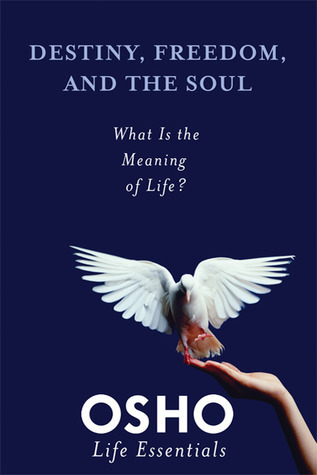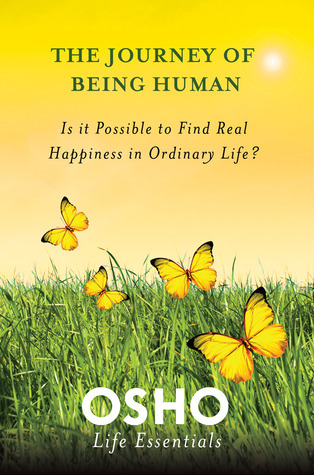
Fame, Fortune, and Ambition: What Is the Real Meaning of Success?
Book Description
Success is a mirage, shimmering just out of reach—yet millions chase it relentlessly. In "Fame, Fortune, and Ambition," Osho shatters the glossy illusion of conventional success, revealing profound insights that challenge societal norms. With each page, the reader is propelled into a thrilling exploration of ambition's true nature, untangling the threads of fame and wealth from genuine fulfillment. Osho provokes thought, igniting a fire of self-discovery and authenticity in the quest for a meaningful life. What if the path to true success lies not in accolades or riches, but in something much deeper?
Quick Book Summary
In "Fame, Fortune, and Ambition," Osho deconstructs society’s obsession with external success by examining the true sources of fulfillment. He questions long-held beliefs around ambition, fame, and wealth, urging readers to look beyond material achievements. According to Osho, chasing renown and riches often leads to dissatisfaction because such pursuits are driven by societal conditioning rather than authentic personal values. Instead, Osho invites readers to embark on a journey of self-inquiry, proposing that real success lies in self-acceptance, mindfulness, and living authentically. Through probing questions and insightful observations, the book challenges the reader to rethink not just what it means to succeed, but why they seek success at all, pointing ultimately toward meaning found within.
Summary of Key Ideas
Table of Contents
The Illusion of Conventional Success
Osho begins by critiquing society’s definition of success, which prioritizes fame and fortune. He suggests that this conventional view creates a mirage—something continually pursued but never truly attained. Many seek validation and happiness through external accomplishments, but Osho exposes how this leads to persistent dissatisfaction. Rather than bringing happiness, the pursuit of fame and wealth often casts individuals into a cycle of anxiety and competition, distracting them from genuine contentment.
Ambition and Its Discontents
Ambition, Osho explains, is a double-edged sword. While ambition can motivate growth, it easily becomes a trap when rooted in insecurity or comparison. Osho distinguishes between healthy aspiration—an intrinsic desire for self-actualization—and the toxic craving for more driven by social pressures. By using vivid anecdotes and provocative questions, he demonstrates how unchecked ambition turns life into a race, always focused on future gains rather than present awareness.
Fame, Wealth, and Authentic Fulfillment
Fame and wealth, as Osho points out, are not inherently wrong, but their pursuit as ends in themselves yields emptiness. He describes numerous examples of celebrated individuals who remain unfulfilled despite immense success, suggesting that the search for recognition is often a poor substitute for inner worth. True fulfillment, he argues, arises from living authentically—from following one’s unique path rather than adhering to society’s metrics of achievement.
Societal Conditioning Versus Inner Truth
Societal conditioning, Osho argues, is a major influence pulling individuals away from their authentic selves. From childhood, people absorb values and goals that reflect the desires of family, culture, and media rather than their own truths. Osho encourages self-inquiry and mindfulness as means of breaking free from these conditioned patterns. He asserts that questioning deeply entrenched beliefs is the first step toward discovering what genuinely matters.
The Path to Genuine Self-Realization
Ultimately, Osho presents an alternative vision of success rooted in self-realization. Rather than chasing fleeting accolades or comparing oneself to others, he advocates embracing the present, cultivating awareness, and acting from authenticity. By shedding the layers of imposed ambition, individuals can uncover their inherent worth and joy. The book concludes with a call to redefine success not as the attainment of external symbols, but as the courageous act of living in alignment with one's deepest values and true self.
Download This Summary
Get a free PDF of this summary instantly — no email required.





